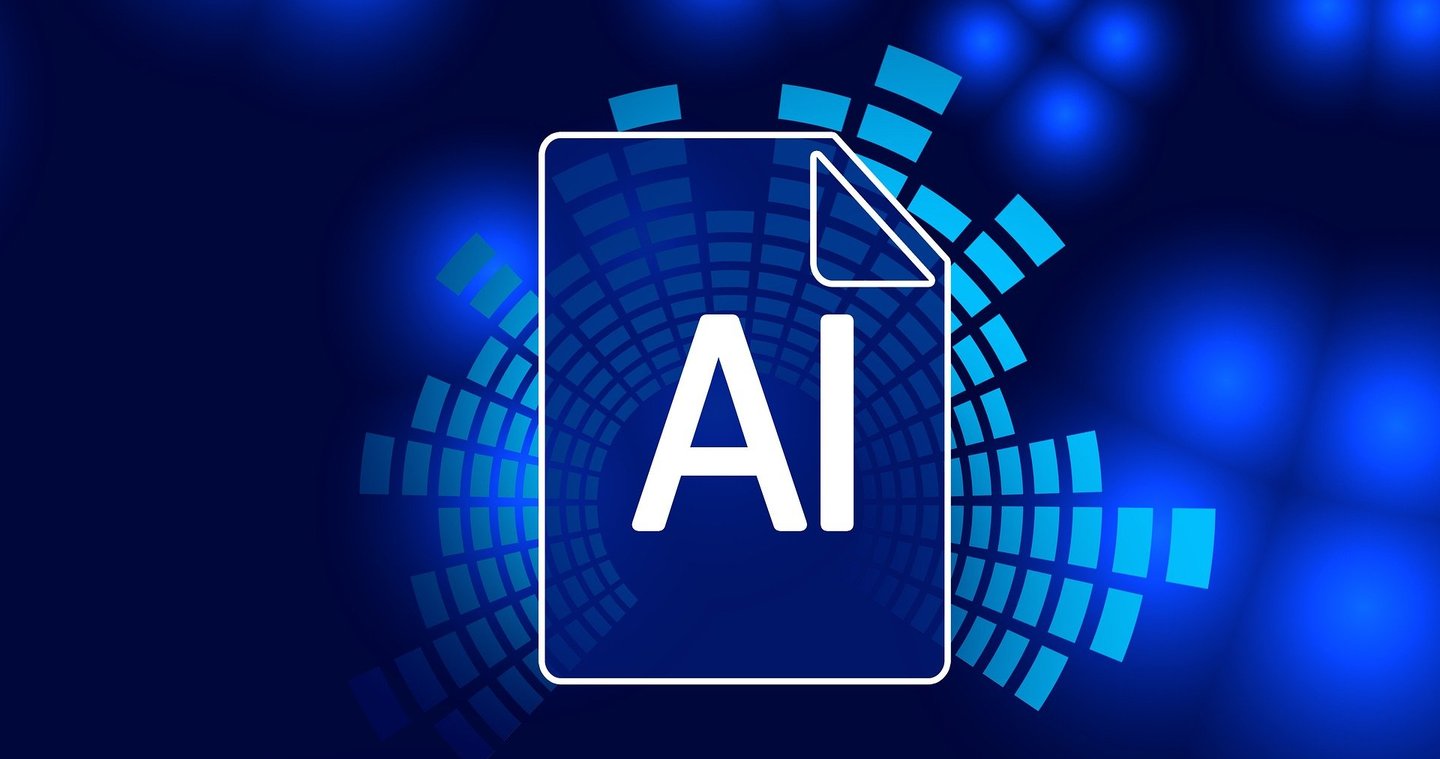Artificial Intelligence


Quantum Machine Learning (QML): Quantum computing has the potential to revolutionize machine learning algorithms. Quantum algorithms like quantum principal component analysis and quantum support vector machines could process complex datasets exponentially faster than classical computers. This could lead to more sophisticated pattern recognition, data classification, and predictive modeling in various fields, from finance to healthcare.
Enhancing Neural Networks and Deep Learning: Quantum neural networks could potentially outperform classical neural networks in certain tasks. By leveraging quantum superposition and entanglement, these networks might process information in ways impossible for classical systems. This could lead to breakthroughs in image recognition, natural language processing, and other deep learning applications.
Solving Optimization Problems: Many AI challenges involve complex optimization problems. Quantum algorithms like the Quantum Approximate Optimization Algorithm (QAOA) could solve these problems more efficiently than classical methods. This could enhance AI applications in areas such as route planning, portfolio optimization, and supply chain management.
Accelerating Reinforcement Learning: Quantum computing could significantly speed up reinforcement learning processes. By exploring multiple states simultaneously through quantum parallelism, AI systems could potentially learn optimal strategies much faster in complex environments. This could have implications for robotics, autonomous vehicles, and game AI.
Improving Natural Language Processing (NLP): Quantum algorithms could enhance various aspects of NLP, including language translation, sentiment analysis, and text generation. By processing semantic relationships in a high-dimensional quantum state, these algorithms might capture linguistic nuances more effectively than classical methods.
Enhancing Computer Vision: Quantum computing could potentially improve image and video analysis capabilities. Quantum image processing algorithms might detect patterns and features more efficiently, leading to advancements in facial recognition, medical imaging, and autonomous vehicle perception systems.
Quantum-Inspired Algorithms for Classical AI: Even before fully-functional quantum computers are widely available, quantum-inspired algorithms running on classical hardware are showing promise in improving AI performance. These algorithms adapt quantum computing principles to classical systems, potentially bridging the gap between current AI capabilities and future quantum AI.
Advancing Generative AI: Quantum computing could enhance generative models used in AI, potentially leading to more sophisticated content creation in areas like art, music, and literature. Quantum algorithms might generate more diverse and creative outputs by exploring a vastly larger space of possibilities.
Quantum Feature Spaces: Quantum computers could work with higher-dimensional feature spaces than classical computers, potentially allowing AI systems to capture more complex relationships in data. This could lead to more accurate predictive models and data analysis across various domains.
Enhancing Decision-Making in Complex Systems: In fields like financial modeling, climate prediction, and drug discovery, quantum AI could process vastly more variables and scenarios than classical AI. This could lead to more accurate simulations and better-informed decision-making in complex, dynamic systems.
Challenges and Ethical Considerations: While the potential of quantum AI is immense, several challenges remain. These include the current limitations of quantum hardware, the need for new quantum machine learning algorithms, and the challenge of data encoding in quantum systems. Additionally, as quantum AI develops, it will likely face similar ethical considerations as classical AI, including issues of bias, transparency, and privacy.
Future Outlook: As quantum technology advances, we may see a hybrid quantum-classical approach to AI, where quantum and classical systems work together to solve complex problems. This could lead to an AI revolution, potentially surpassing current limitations in machine learning and artificial general intelligence. However, realizing this potential will require significant advancements in both quantum hardware and software, as well as in our understanding of how to effectively combine quantum and classical computing paradigms.
The development of quantum AI could have profound implications across various sectors, potentially leading to breakthroughs in scientific research, personalized medicine, climate modeling, and many other fields. As this technology progresses, it will be crucial to consider its societal impacts and ensure its responsible development and deployment.
